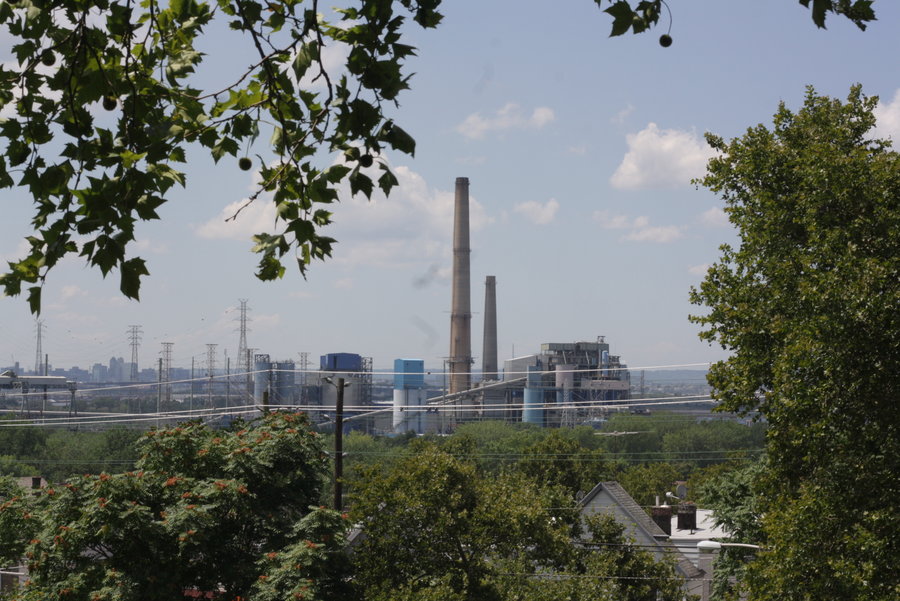JERSEY CITY — PSE&G announced that it is planning to close two aging power plants by 2017, one of which is located in Jersey City, the other in Mercer County. The coal-powered PSEG Hudson Generating Station power plant in Jersey City was at one point considered one of the most polluting in the nation.
“We have worked with environmental groups over the last few years to advocate for the closing of the Jersey City station, which contributed to pollution and dangerous air quality for residents in Jersey City. We commend PSE&G for this decision that will improve quality of life in Jersey City.”
The two plants currently burn coal rarely, switching instead to natural gas when put into service. But those two plants have installed expensive pollution controls, at a cost of nearly $2 billion, to meet tougher environmental standards, making them less competitive with newer natural gas units.
Since 1906, The Hudson Generating Station in Jersey City has occupied 250-acres north of the intersection of Duffield and Van Keuren Avenues on the east bank of the Hackensack River.
Last year, Fulop joined the New Jersey Sierra Club — and a diverse coalition of community leaders in the hilltop park overlooking the power plant — to support Obama’s plan that would call for a 32 percent reduction of carbon emissions from 2005 levels by 2030.
Coal-fueled plants also have a significant local impact on health, Fulop said, noting that these facilities are usually located in impoverished areas and contributed to a number of respiratory ailments. One report by a not-for-profit called “Toll from Coal” estimated that 531 people in New Jersey die each year from coal-related deaths. Coal also contributes to 445 hospital admissions yearly, and is connected to about 987 heart attacks.
Our Digital Archive from 2000 – 2016
